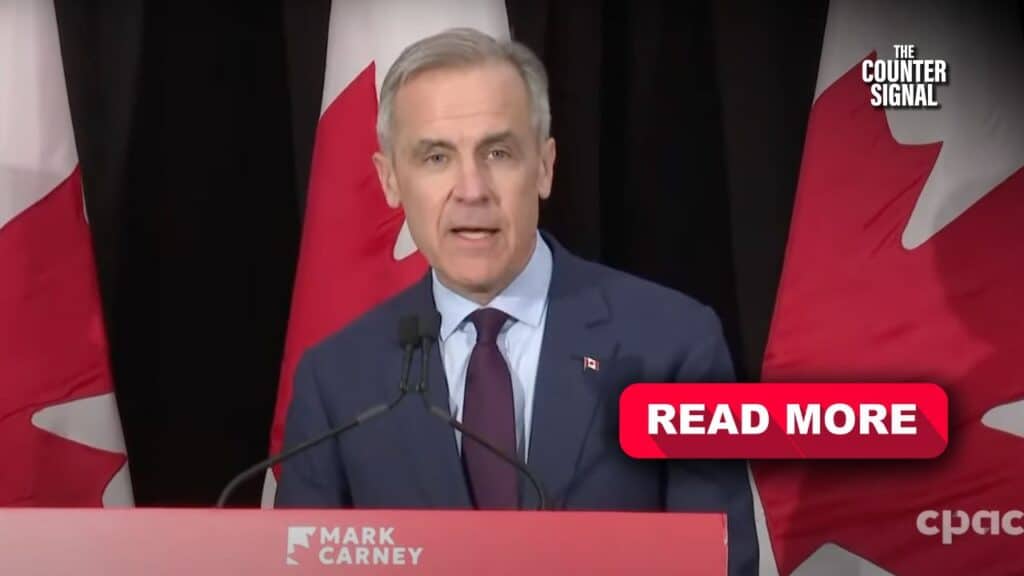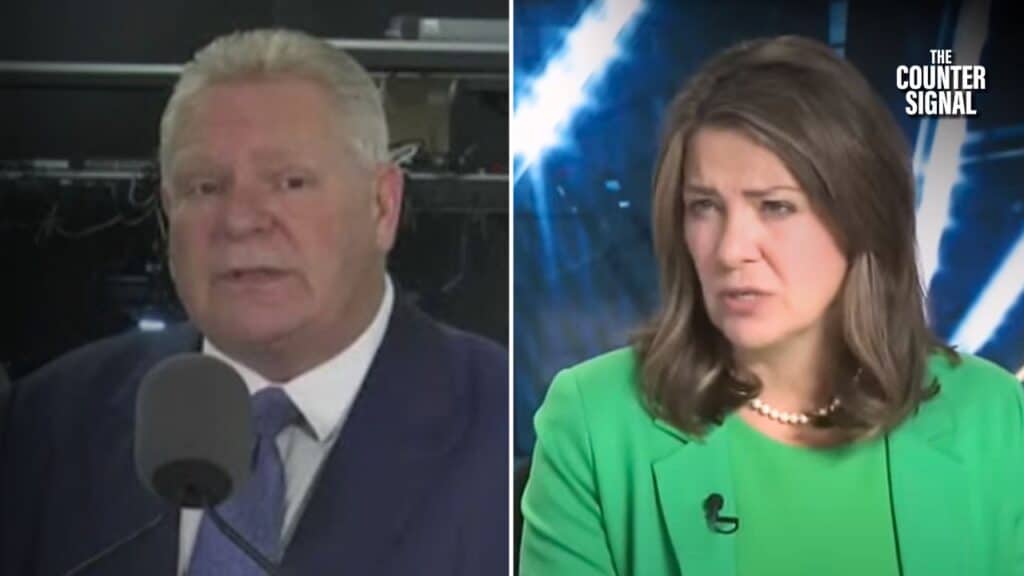Alberta experienced an $11.6 billion surplus thanks to oil, gas, and low taxes, in spite of a volatile energy market, geopolitical instability, and continued recovery from the economic impacts of COVID-19.

Minister of Finance Nate Horner shared Alberta’s 2022-23 fiscal year-end results on Thursday.
“Over the fiscal year, we brought in $76.1 billion in revenue, and expense for the year was $64.5 billion dollars,” Horner said.
The most significant source of revenue was non-renewable resources. Alberta projected an income of $13.8 billion, but ended up taking in over $25 billion.
This surplus was in part because oil prices averaged $89.69 over the fiscal year, which was $19.69 higher than the 2022 budget projection of $70 per barrel.
Horner said the second key factor in the surplus was low taxes, which resulted in Alberta’s highest-ever corporate income tax revenue. The province budgeted just over $4 billion in corporate income tax revenue but brought in over $8.1 billion.
“This is a testament to our low-tax business-friendly environment which is encouraging investment and diversification and creating new jobs by the thousands,” he said.
Horner added, “It’s important to know that we generated our record amount of corporate income tax revenue with the lowest corporate income tax rate in the country — 30% lower than the next lowest province.”
With the price per barrel of oil currently at $70 per barrel — which is well below 2023 projections — Horner was grilled by left-leaning reporters about the fiscal year ahead.
“We’re not as worried as you may think,” he said.
He noted that Alberta is only in the first quarter of the current fiscal year.
Horner was further asked about how his government’s reliance on oil and gas might interfere with the Trudeau Liberals’ climate agenda — or even the United Conservative Party’s 2050 carbon neutral timeline.
“Alberta is well positioned,” he said. “We’ll be producing right to the end of oil’s useful life. We’ll be one of the last jurisdictions producing that last barrel.”
He later added, “We’re definitely not phasing out oil and gas.”
“Even moving towards a carbon neutral economy by 2050 doesn’t mean phasing out oil and gas.”










